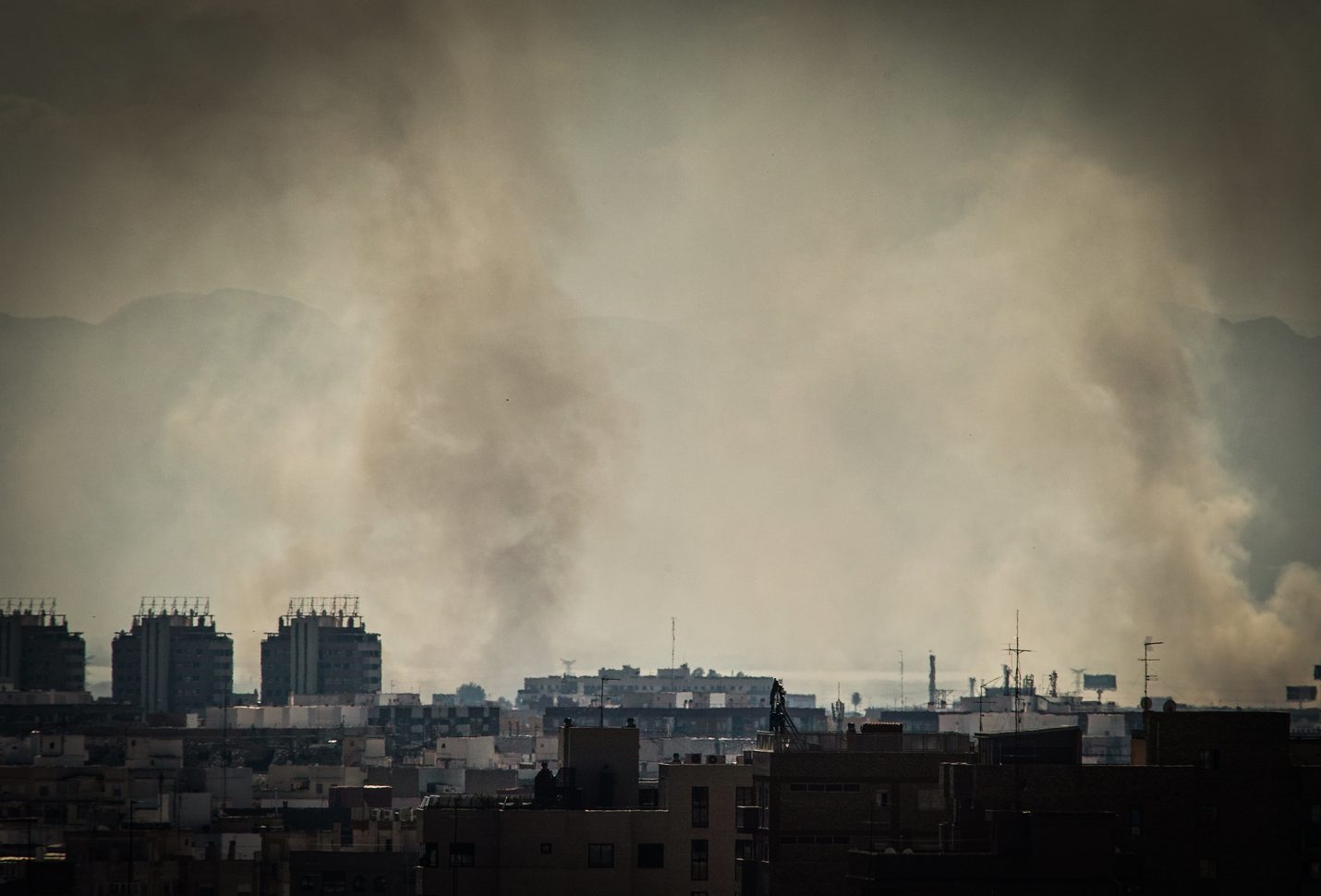
C3S: July 22 hottest day in recent history
July 22 was the hottest day on earth in recent history, according to the Copernicus ...

Seven German citizens from Berlin, Munich, Frankfurt and Dusseldorf – four of Europe’s most industrialized cities – are filing a lawsuit against the German government over a human rights violation actions; particularly with regard the right for clean air.
The European Court of Justice has said that citizens can sue governments if their health has been affected by air pollution, leading to German citizens suing their government for a right to clean air.
The applicants, which include some filing on behalf of their children, claim the right to breathe clean and healthy air is a human right which should be upheld by their government.
Germany is one of the world’s great industrial powerhouses and its public and private sector’s innovative, pragmatic industrial prowess has long been praised by other countries. But now, this same industrial output that revolutionized the German economy, is the subject of a court case brought by German citizens against their government.
Jane Burston, Executive Director of the Clean Air Fund, told the World Economic Forum, that “If successful, this case will be hugely significant to citizens across Europe. In Europe, we’re lucky that we can protect ourselves against other forms of pollution – no one would even think about drinking polluted water for example. But we have no control over the dirty air we’re breathing.”
Burston added that “Most European countries aren’t taking significant action to guard against pollution limits, noting that it has dire consequences on the health of citizens.”
The United Nations General Assembly passed a resolution in 2022 recognizing the right to a clean, healthy, and sustainable environment as a human right – with 161 votes in favor and zero against. This recognition is a call on governments to drastically scale-up efforts to provide citizens with a healthy environment and address environmental injustices. Citizens, backed by environmental groups like Deutsche Umwelthilfe (DUH) and ClientEarth, are now calling on governments to heed these rights.
While the German government has taken some action in recent years to cut emissions, Russia’s invasion of Ukraine has forced Germany to fire up coal power plants once more. Similarly, applicants in the case find their urban centers polluted by car emissions, claiming air pollution is much higher than the WHO’s acceptable limits. With claimants stating they’ve developed asthma from the pollution, they claim that they have to flee to the countryside as often as they can just for their health to recover.
With high urbanization rates, and many people forced to live in highly-condensed cities for work and livelihoods, the claimants emphasize that this problem must be solved now, before it gets even worse. WHO has found that exposure to air pollution increases a person’s risk of developing respiratory infections, heart disease and even lung cancer. The claimants say that people should be able to enjoy living in a city, without having to trade their health for it.
The most recent research by WHO found that, in fact, previous recommended limits on air pollution were not enough to protect people against its negative effects. This research led to WHO slashing the recommended air pollution limits even further in 2021, noting that air pollution is one of the biggest environmental threats to human health, alongside climate change, and is something that is of paramount importance for governments to address if they aim to look after the health of its citizenry.
“This is the first case of its kind as it’s coming on the back of the advocate general to the European Court of Justice saying that people can now take such action to try and win compensation when it can be shown that their health has been affected by air pollution,” said Burston.
July 22 was the hottest day on earth in recent history, according to the Copernicus ...
Google has engaged in partnership with DHL to utilize the DHL Express GoGreen Plus service ...
Mars has announced registering a record 8% greenhouse gas (GHG) emissions reduction against its 2015 ...


اترك تعليقا